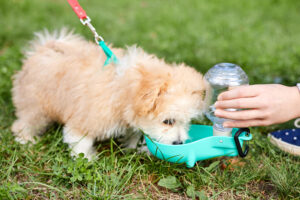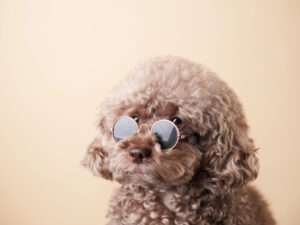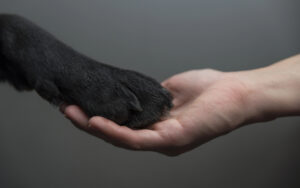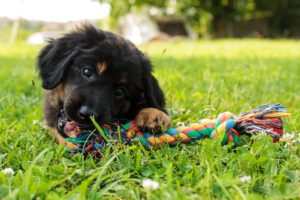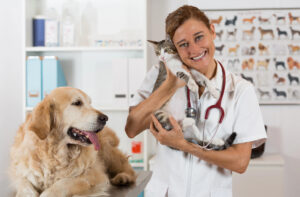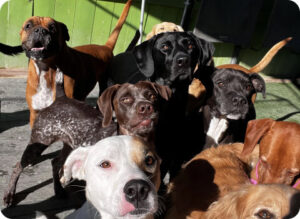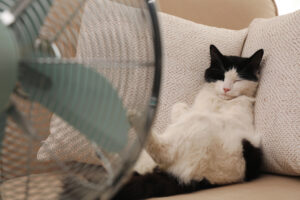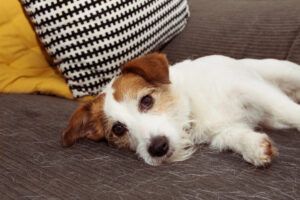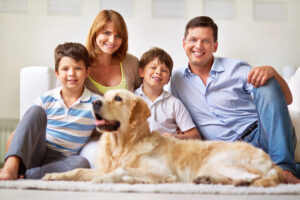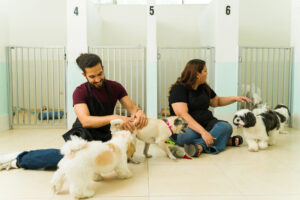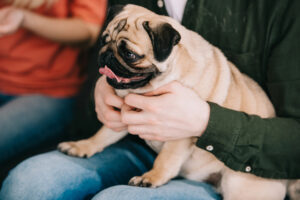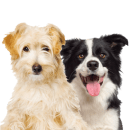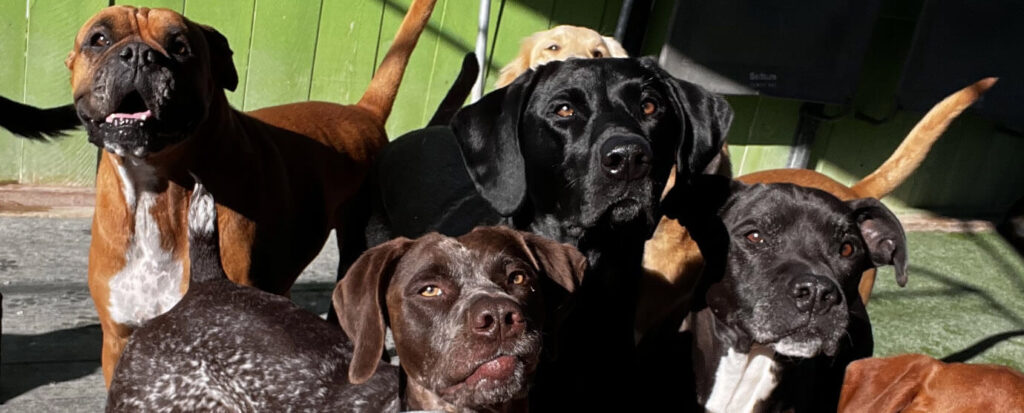
Why Dog Daycare Socialization is Pawsitively Good for Doggies
As a pet owner, you want nothing but the best for your furry friend. One of the ways to ensure that your dog lives a healthy and happy life is to provide them with opportunities for socialization. Daycare socialization for dogs is an excellent way to accomplish this goal. It involves leaving your dog in a supervised, structured setting with other dogs and trained staff.
But why is daycare socialization so important? The benefits are numerous. Not only does it provide your dog with an opportunity for exercise and playtime, but it also helps them to build confidence, develop better social skills, and reduce anxiety. Additionally, daycare socialization can lead to better behavior and improved overall health.
Let’s dive deeper into the benefits of daycare socialization for dogs and discuss what to look for in a good daycare facility. We’ll also provide tips on how to prepare your dog for daycare so that you can ensure they get the most out of their experience. So let’s take a closer look at why daycare socialization is pawsitively good for dogs!

Boarding Clients!*Discount does not apply during holiday/peak rate periods.

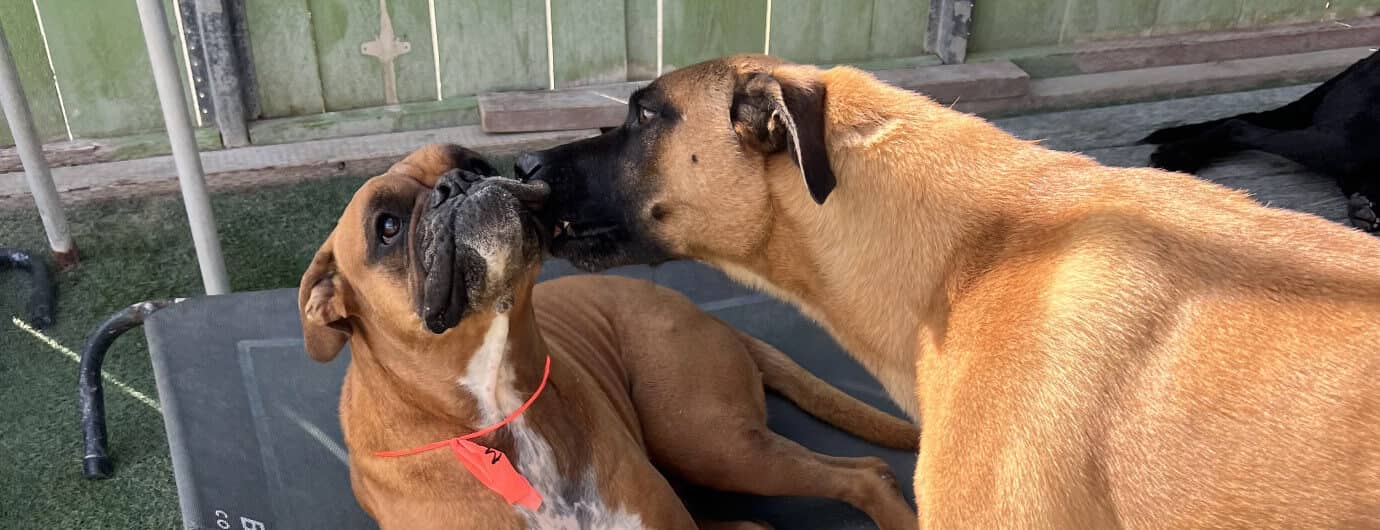
Benefits of Daycare Socialization for Dogs
Daycare socialization provides numerous physical and mental benefits for dogs. From regular exercise to improved behavior, daycare socialization can have a significant impact on your dog’s overall well-being. If you’re looking for ways to improve your dog’s quality of life, daycare socialization is an excellent option to consider. Let’s take a closer look at the benefits.
Physical Benefits
Exercise
Regular exercise is crucial for maintaining a healthy weight and preventing health problems such as diabetes, heart disease, and joint problems. When dogs attend daycare, they have the opportunity to run, play and interact with other dogs. This provides them with the necessary exercise to keep them healthy and active.
Reduced Risk Of Obesity
Dogs that don’t get enough exercise can become overweight or obese. Obesity can lead to a variety of health problems, including diabetes, heart disease, and joint problems. Daycare socialization provides dogs with regular exercise, which can help reduce the risk of obesity.
Improved Health
Regular exercise not only helps dogs maintain a healthy weight but can also improve their cardiovascular health, strengthen their bones and muscles, and boost their immune system.
Improved Cardiovascular Health
Regular exercise can help improve your dog’s cardiovascular health by increasing blood circulation and reducing the risk of heart disease.
Stronger Immune System
Dogs that attend daycare socialization are exposed to a variety of different dogs and environments, which can help boost their immune system by exposing them to a range of bacteria and viruses. This can make them less susceptible to illnesses and infections.
Better Joint Health
Regular exercise can also help improve your dog’s joint health by strengthening the muscles around their joints, reducing the risk of injury, and improving mobility.
Improved Digestive Health
Dogs that attend daycare socialization are often provided with high-quality diets and scheduled mealtimes, which can help improve their digestive health and reduce the risk of digestive issues like constipation and diarrhea.

Mental Benefits
Reduced Anxiety
Dogs are social animals, and they can become anxious or bored when left alone for long periods. Daycare socialization provides them with the opportunity to interact with other dogs and humans, which can reduce their anxiety and prevent destructive behaviors like chewing or barking.
Increased Social Skills
Socializing with other dogs and humans can improve your dog’s social skills, making them more confident and better able to interact with other dogs and people. This can lead to improved behavior and reduced anxiety.
Improved Behavior
Dogs that attend daycare socialization are exposed to a variety of different experiences, people, and animals. This exposure can help them become more adaptable and better behaved, reducing destructive behavior and making them easier to train.
Improved Confidence
Dogs that attend daycare socialization have the opportunity to interact with a variety of dogs and humans, which can help build their confidence and reduce anxiety in new situations.
Reduced Boredom
Dogs that spend long periods alone can become bored and restless, leading to destructive behavior. Daycare socialization provides dogs with an opportunity for stimulation and play, which can reduce boredom and prevent destructive behavior.
Socialization With Humans
Dogs that attend daycare socialization can develop positive relationships with humans outside of their immediate family. This can lead to increased socialization skills and reduced anxiety in new human interactions.
Reduction In Separation Anxiety
Dogs that suffer from separation anxiety can benefit from attending daycare socialization. The opportunity to socialize with other dogs and humans can provide a distraction from their anxiety, reducing their stress levels and improving their behavior when separated from their owners.
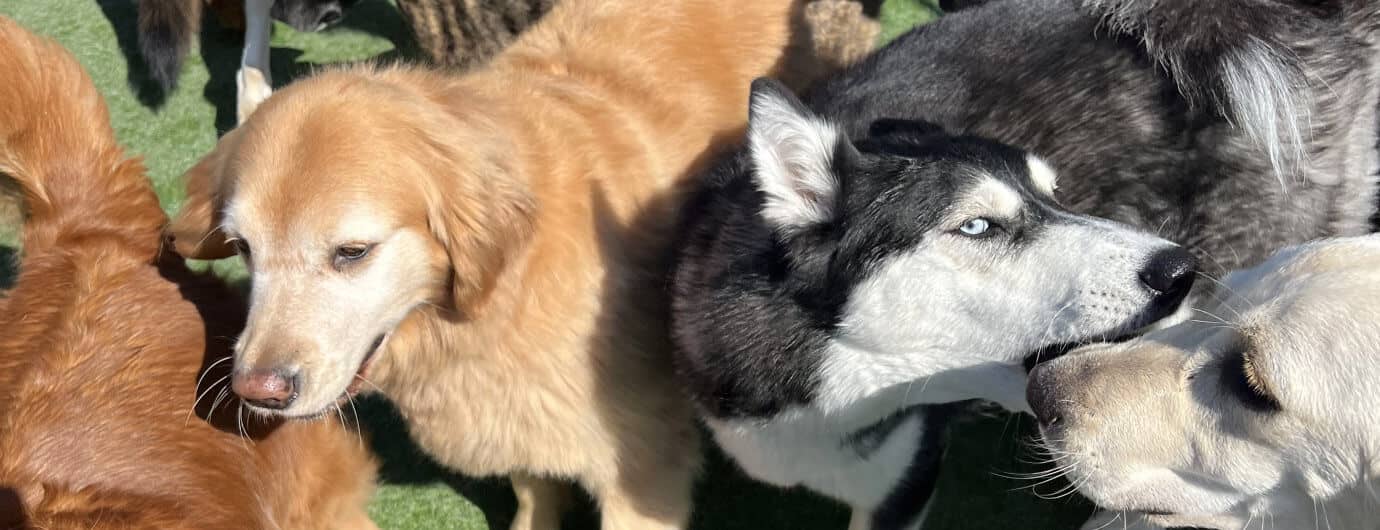
What to Look for in a Good Daycare Facility
Choosing the right daycare facility is essential for your dog’s safety and well-being. With the following features, you can ensure that your furry friend gets the best possible care and enjoys their daycare experience to the fullest.
Adequate Supervision
A good daycare facility should have sufficient staff to ensure that every dog is supervised at all times. The staff should be trained to recognize signs of distress or aggression and be able to intervene quickly if necessary. Look for a facility with a low staff-to-dog ratio to ensure that your dog gets the attention and supervision they need.
Clean And Safe Environment
The daycare facility should be clean and well-maintained, with a secure and safe environment. Check for safety features such as secure fencing, well-maintained play equipment, and an emergency plan in case of accidents or incidents. Also, make sure that the facility is clean and free of harmful chemicals or hazards.
Positive Reinforcement Training Methods
The best daycare facilities use positive reinforcement training methods to encourage good behavior in dogs. This means rewarding desirable behavior with treats, praise, or other positive reinforcement. Avoid facilities that use punishment or negative reinforcement methods as they can lead to anxiety, aggression, and other behavioral problems.
Personalized Attention And Care
Every dog is different, and a good daycare facility should be able to provide personalized attention and care to each dog. Look for a facility that takes the time to get to know your dog’s personality, preferences, and needs. This can include providing special diets, medication, or other accommodations to ensure your dog is comfortable and happy.
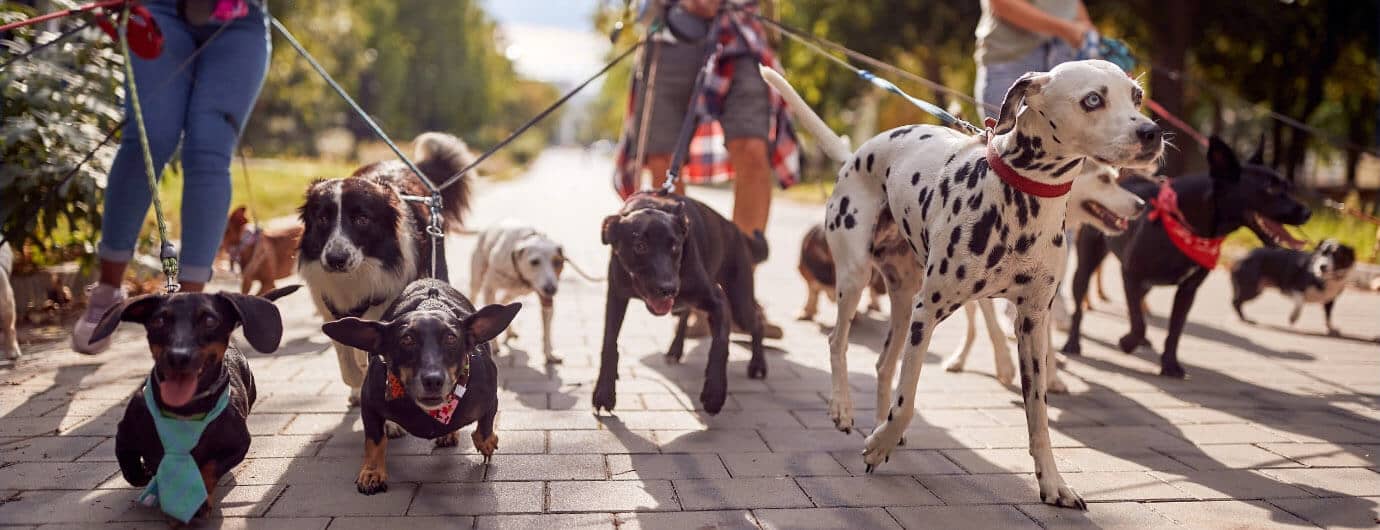
How to Prepare Your Dog for Daycare
Preparing your dog for daycare is important to ensure that they have a positive experience and are comfortable in the new environment. Here are some valuable things to consider when getting your dog ready for daycare.
Gradual Introduction To New Environments And People
Introduce your dog to new environments and people gradually. This can include taking them for short walks or visits to the park where they can interact with other dogs and people. Gradual exposure can help them become more comfortable in new surroundings and reduce anxiety.
Basic Obedience Training
Basic obedience training is essential for preparing your dog for daycare. Commands such as “sit,” “stay,” and “come” are crucial for keeping your dog safe and under control. Ensure that your dog is comfortable following basic commands before sending them to daycare.
Up-To-Date Vaccinations And Health Checks
Before sending your dog to daycare, make sure they are up-to-date on their vaccinations and have had a recent health checkup. Vaccinations protect your dog from contagious diseases that can spread quickly in a daycare environment. A health checkup can ensure that your dog is healthy and free of any underlying conditions that could affect their daycare experience.
Other things to consider when preparing your dog for daycare:
- Ensuring that your dog is well-rested and has eaten a nutritious meal before attending daycare
- Packing your dog’s favorite toys, treats, and blankets to help them feel more comfortable
- Providing clear instructions to the daycare staff on your dog’s dietary requirements, medical needs, and behavioral quirks
Preparing your dog for daycare involves gradual exposure to new environments and people, basic obedience training, and ensuring that they are up-to-date on their vaccinations and health checks. By following these guidelines, you can be sure that your favorite furry friend is comfortable and prepared for their daycare experience.
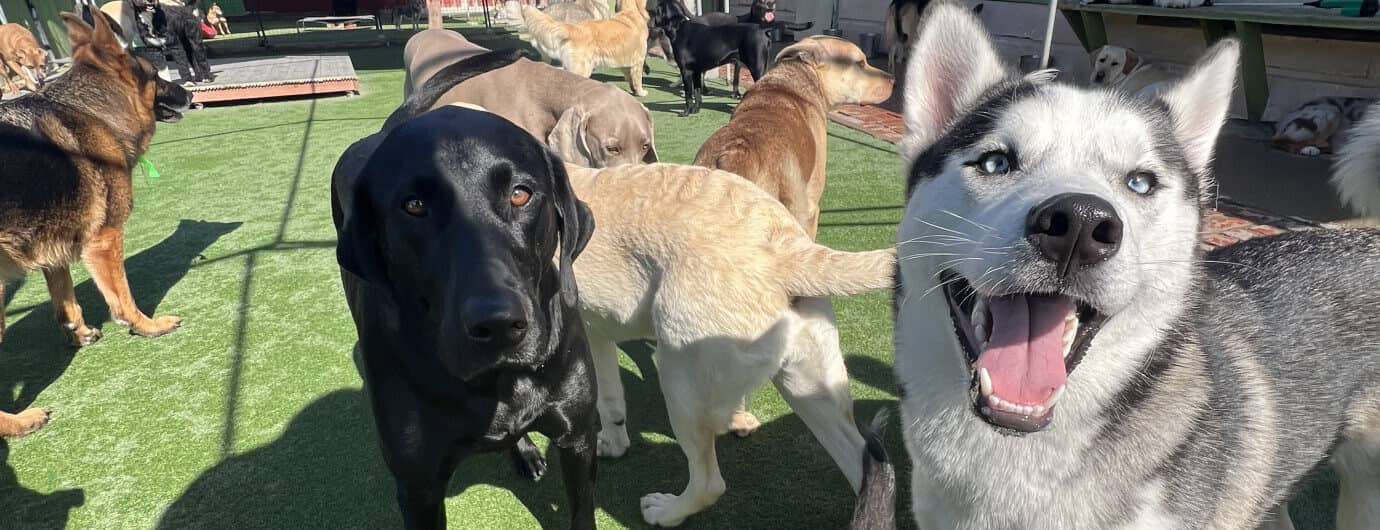
Common Questions And Concerns
Daycare socialization for dogs can be a great way to provide your furry friend with exercise, socialization, and mental stimulation. However, some pet owners may have concerns about sending their dogs to daycare. Here are some common concerns and questions that pet owners may have about daycare socialization for dogs.
Will my dog be safe in a daycare environment?
Safety is a top concern for pet owners, and it’s important to choose a daycare facility that prioritizes the safety and well-being of the dogs in their care. Look for a facility that has secure fencing, proper supervision, and emergency procedures in place. It’s also a good idea to ask for references or check online reviews to ensure that the facility has a good reputation for safety.
How can I ensure that my dog gets along with other dogs at daycare?
It’s natural to worry about how your dog will behave around other dogs, but most daycare facilities have a process for introducing new dogs to the group. Your dog may be introduced to other dogs gradually, and staff will monitor their behavior to ensure that they are comfortable and safe. Some facilities may also group dogs by size or play style to ensure that they get along well.
How often should I send my dog to daycare?
The frequency of daycare visits will depend on your dog’s personality and needs, as well as your schedule and budget. Some dogs may benefit from daily daycare visits, while others may only need occasional visits. Discuss your dog’s needs and preferences with the daycare staff to determine the best schedule for your dog.
What should I do if my dog displays aggressive behavior at daycare?
If your dog displays aggressive behavior at daycare, the staff will take steps to separate them from the other dogs and ensure everyone’s safety. They may also provide feedback on how to address the behavior, such as working with a trainer to modify the behavior. It’s important to address aggressive behavior promptly to ensure a safe and positive daycare experience.
How can I tell if my dog is enjoying their daycare experience?
Observing your dog’s behavior before and after daycare can provide insight into whether they are enjoying the experience. Dogs that are tired but content after daycare are likely to have a positive experience. However, if your dog is overly anxious or stressed, it may be a sign that daycare is not a good fit for them.




